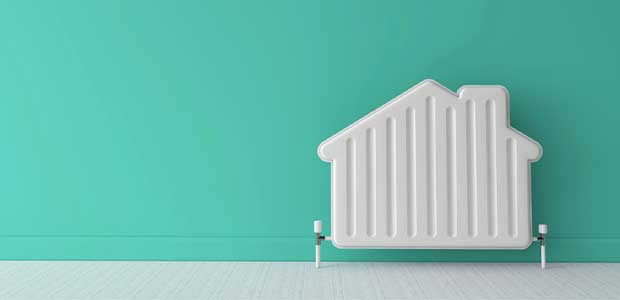
Understanding the Relationship Between Home Heating and Air Pollution
Improving indoor air quality by reducing air pollution from home heating can positively impact the environment.
- By Jane Marsh
- Mar 31, 2023
Households power on their heating when the cold seasons hit and regardless of the source, it changes the air. Wood-fired chimneys release smoke into the atmosphere, and changes to indoor air quality eventually leak outside from occasionally opened doors. How can homeowners become more familiar with their heating systems to make sometimes microscopic air particulates more tangible and understand pollution better?
How Does Home Heat Create Air Pollution?
Quantifying the amount of air pollution home heating causes and their impact relates to a home’s heating method. Every variant reacts differently to the air. Wood burning emits more of a particular type of particulate matter — PM 2.5 — than natural gas by a large margin, but does that mean it is better holistically? Here are the basic details of how each process influences indoor air quality (IAQ):
- Wood-burning fireplaces and stoves. These release methane and carbon dioxide in more amounts than almost any other home heating method. These are two of the most noteworthy contributors to climate change. There are also carbon monoxide and formaldehyde, other toxic pollutants.
- Pellet stoves. These are one of the best ways to heat a home and perform heat control because it can upgrade countless antiquated devices, not just minimizing pollution but removing it altogether.
- Gas-powered heaters. Natural gas does not produce air particulates but still releases pollutants like nitrogen dioxide. Avoid unvented variants for ventless alternatives that run at almost 100 percent greater efficiency. There are also flueless varieties.
- Masonry heaters. These pricey, heavy heaters are more effective at releasing radiant heat over time because they are better at controlling fires with lower emissions.
Other devices in the home that unintentionally release air pollution from heating are baseboard heaters with dust and using charcoal indoors.
What Can Households Do to Improve IAQ?
Households will not know how much air pollution their home heating systems cause without metrics. Since the COVID-19 pandemic, IAQ monitors have become more commercially available as families want to ensure clean air circulation. These numbers can enlighten you on how extreme the situation is and guide you to what goals are realistic.
Then, families can take EPA-recommended steps to heat their homes in ways that do not release as many air pollutants:
- Prioritize human health to help justify air quality investments.
- Look for EPA-certified appliances, like an air-source heat pump.
- Store and treat firewood properly if the household uses it, and consider using seasoned, split firewood.
- Regularly maintain heating systems and have them inspected.
- Weatherstrip, caulk and insulate the home to retain heat more efficiently.
- Incorporate movement more in daily home activities to get the blood pumping.
- Replace air filters.
Switching to renewable energy provides the most dramatic transformation in reducing air pollutants. Passive solar heating and geothermal power are a few methods, though they require a heating-system overhaul.
What Impact Does Indoor Air Pollution Have?
Home heating is only one cause of air pollution but contributes to a more significant public health and environmental issue. From stroke to lung cancer, air pollutants prematurely kill 3.2 million Americans, many from exposure to their self-generated pollutants.
Old builds with combustive stoves or disproportionately impoverished communities worldwide relying on kerosene lamps instead of clean electricity show the prominence and deepness of the issue in relation to systemic poverty.
The pervasive nature of air pollution impacts the environment in every way. The easily transmittable air particulates find their way into the soil and water, influencing agriculture to aquatic populations.
Consider how corporations and industries incorporate the same heating methods as homes. Yet, they release air pollutants more severely, permanently altering air, water and soil quality. These linger in every facet of life, from grocery shopping because the contaminants get into crops to vacation quality by closing off natural water bodies because they are unsafe to be near.
How Air Pollution Happens from Home Heating Systems
Whether it is the products powering the heat or the byproducts from heat emission, it is critical to understand how heating impacts air pollution to be a more conscious energy user. Improving IAQ by reducing air pollution from home heating improves the environment’s and the household’s health. With countless ways to reduce impact, low- and high-impact options are available for all circumstances for a gradual or radical reduction in air pollution.
About the Author
Jane Marsh is an environmental writer. You can keep up with her work on her site Environment.co.